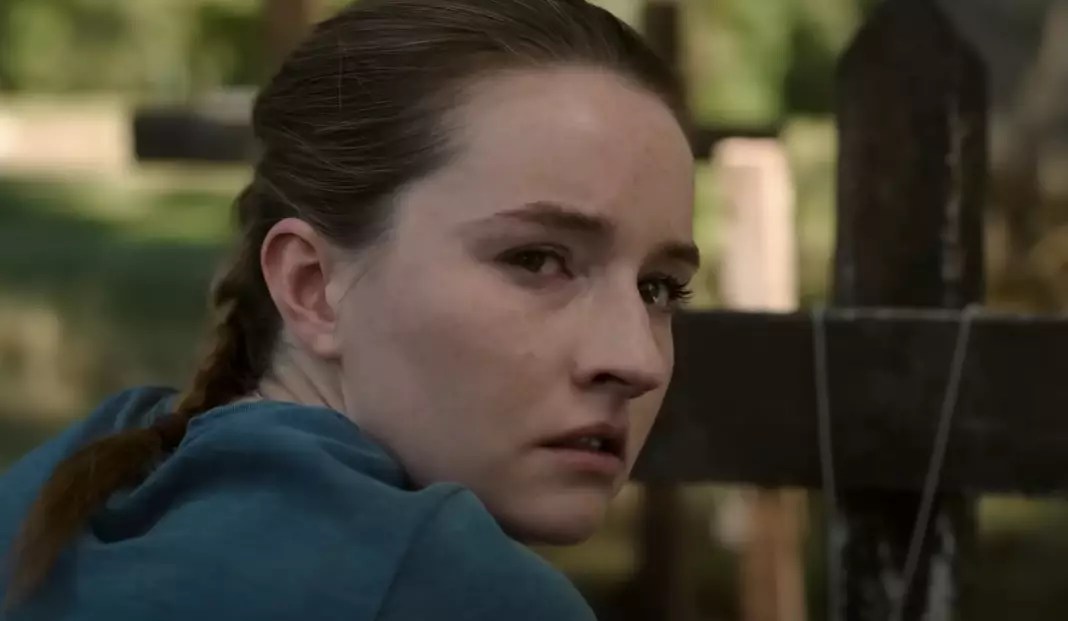As fans eagerly anticipate the return of HBO’s acclaimed series The Last of Us, a new face has emerged to take on one of the most complex characters in the franchise: Kaitlyn Dever, who has recently been cast as Abby for Season 2. This decision has stirred excitement and apprehension within the fanbase, particularly because Abby is a character known for her polarizing nature and the intense reactions she incited in the gaming community. Dever has discussed her commitment to portraying Abby in a way that honors the character while connecting with audiences both familiar and new to the storyline. In her own words, she aims to do “the character justice,” but this desire comes loaded with the weight of expectation from the series’ passionate followers.
Stepping into a world that already has a nuanced narrative can be daunting, especially when the previous season achieved such high acclaim and has established a fiercely loyal audience. Dever acknowledges that she is entering as the “newbie,” yet she approaches this unique challenge with humility and determination. She mentioned her strategy of investing her own emotional energy into the role, emphasizing a desire for “authenticity and honesty.” This perspective underlines her ambition to create a multifaceted portrayal that resonates deeply with fans of the game while still bringing a fresh take on Abby’s character.
In a recently conducted interview, Dever confronted a rumor that suggested she required increased security due to the intense reactions Abby has historically triggered among fans. These concerns were magnified by the past experiences of Laura Bailey, the voice actress for Abby in the video game, who faced significant backlash, including personal threats. Dever was quick to clarify that this narrative was exaggerated and unfounded, underscoring her commitment to fostering a safe and welcoming production environment. She stated, “Well, firstly, I have to say, actually, that’s not true, and I didn’t ever personally say that.” Her proactive stance reveals her desire to navigate the world of fan expectations with grace while advocating for her own well-being.
This theme of addressing fan reactions highlights a larger conversation about the evolving nature of fandom in the age of social media. The intensification of online discussions following the release of Abby’s character in the game can lead to detractors and advocates clashing heavily in public forums. While Dever embraces the complexity of Abby, she fully acknowledges the challenging conversations that will likely arise as the series progresses.
One significant divergence from the gaming narrative is Abby’s physicality, which has sparked considerable debate. Unlike her video game counterpart, the live-action version will not depict Abby with the same muscular build. This decision, articulated by the series showrunner Neil Druckmann, suggests that the emphasis for the HBO adaptation is not merely on replicating the gaming experience but rather infusing a new approach that resonates through powerful storytelling. Druckmann stated, “We would’ve struggled to find someone as good as Kaitlyn to play this role,” indicating that Dever’s formidable talent was a determining factor in the casting process.
This evolution in Abby’s characterization points toward a broader trend within adaptations to prioritize storytelling depth over strict visual fidelity. As fans brace for the impending release of Season 2, there’s an anticipation for more than just familiar narratives. Craig Mazin, the showrunner and writer, has hinted that viewers should expect “furor” as the new season diverges from the original game storyline. His remarks demonstrate a commitment to creative integrity, asserting that the team’s focus remains on storytelling rather than pandering to social media reactions.
With the arrival of The Last of Us Season 2, set to debut in April on HBO, excitement is palpable among fans eager to see how the new elements will unfold. The preview into this continuation hints at both challenges and triumphs for Abby, suggesting a layered portrayal that could redefine her character for a new generation. Dever’s innovative take on Abby, coupled with the creators’ bold storytelling choices, signals that the legacy of The Last of Us will not merely persist but evolve.
As the development of The Last of Us Part 3 also looms on the horizon, the foundation laid in both the series and the games provides fertile ground for storytelling. The future seems bright, not only for Dever but for the rich tapestry of narrative potential that lies ahead in this beloved franchise.


Leave a Reply